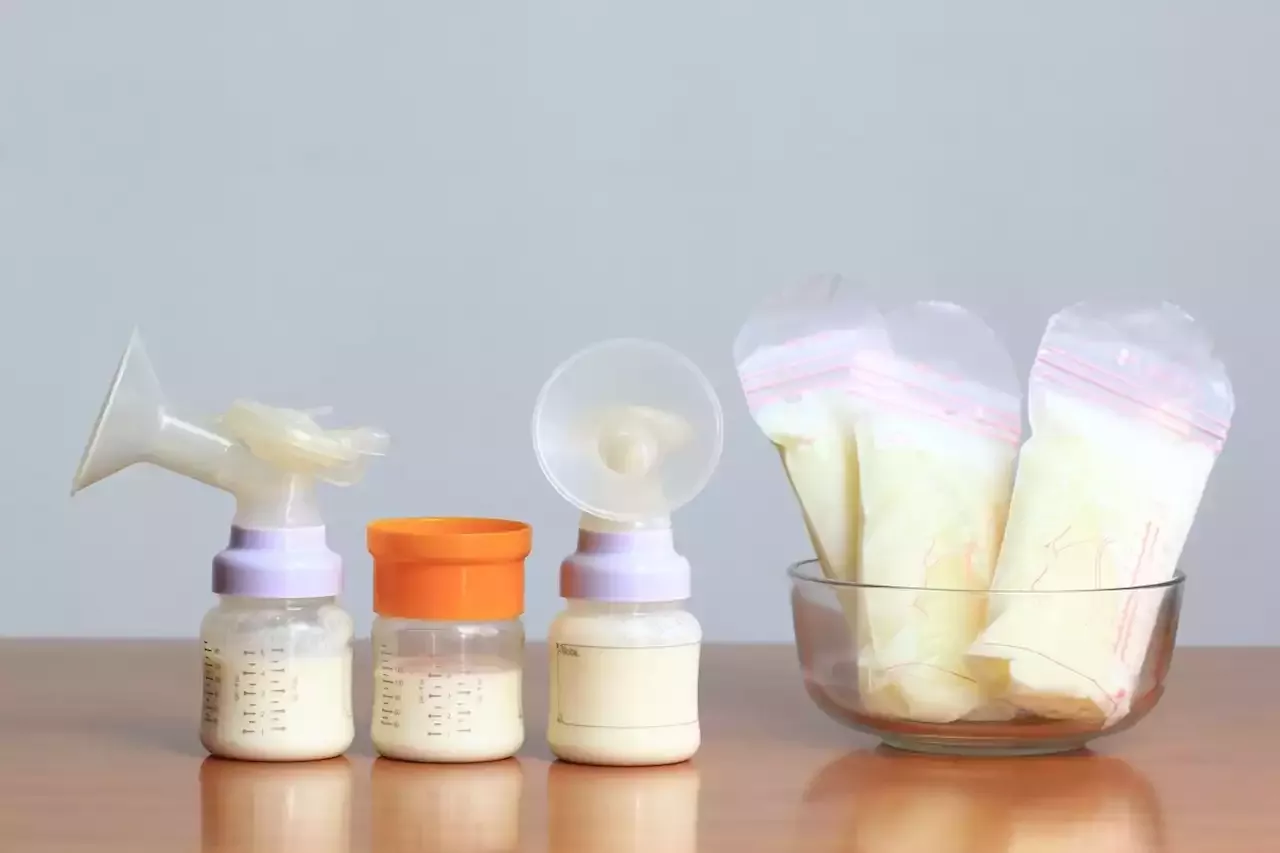COVID-19 pandemic linked to lower antibodies in breastmilk UvA_Amsterdam COVID19 Pandemic SARSCoV2 Antibodies Breastmilk
By Dr. Liji Thomas, MDJun 29 2022Reviewed by Aimee Molineux Young infants are protected against respiratory viruses by passive immunity in human milk, containing antibodies to these viruses because of maternal exposures. The fall in such protection as a result of the widespread social distancing and other non-pharmaceutical interventions implemented during the ongoing coronavirus disease 2019 pandemic has aroused scientific concern.
While sIgA is predominant, milk contains IgG against the respiratory syncytial virus and other respiratory viruses that reduce the incidence of acute infection in the infant. For this reason, infants on breastmilk develop fewer respiratory infections and have a lower chance of dying in infancy, compared to formula-fed babies.
Findings Related StoriesThe findings of the study indicated reduced breastmilk IgG titers against RSV, influenza, and the endemic human seasonal coronaviruses HCoV-OC43, HCoV-NL63, and HCoV-HKU1, in human milk, by about two-fold each, except for HCoV-OC43 at three-fold, and the last which showed only a small rise. Conversely, the serum levels of these antibodies increased by the same magnitude.
Implications The researchers found that social hygiene measures affected the induction of passive immunity in infants on breast milk, explaining the post-relaxation rise in infant hospitalizations. In contrast, IgG production occurs during a later phase of immunity and remains elevated for months in the blood. The absence of any change in the HCoV-HKU1 and HCoV-229E IgG titers may be because they were not in circulation in the winter of 2018-19.
